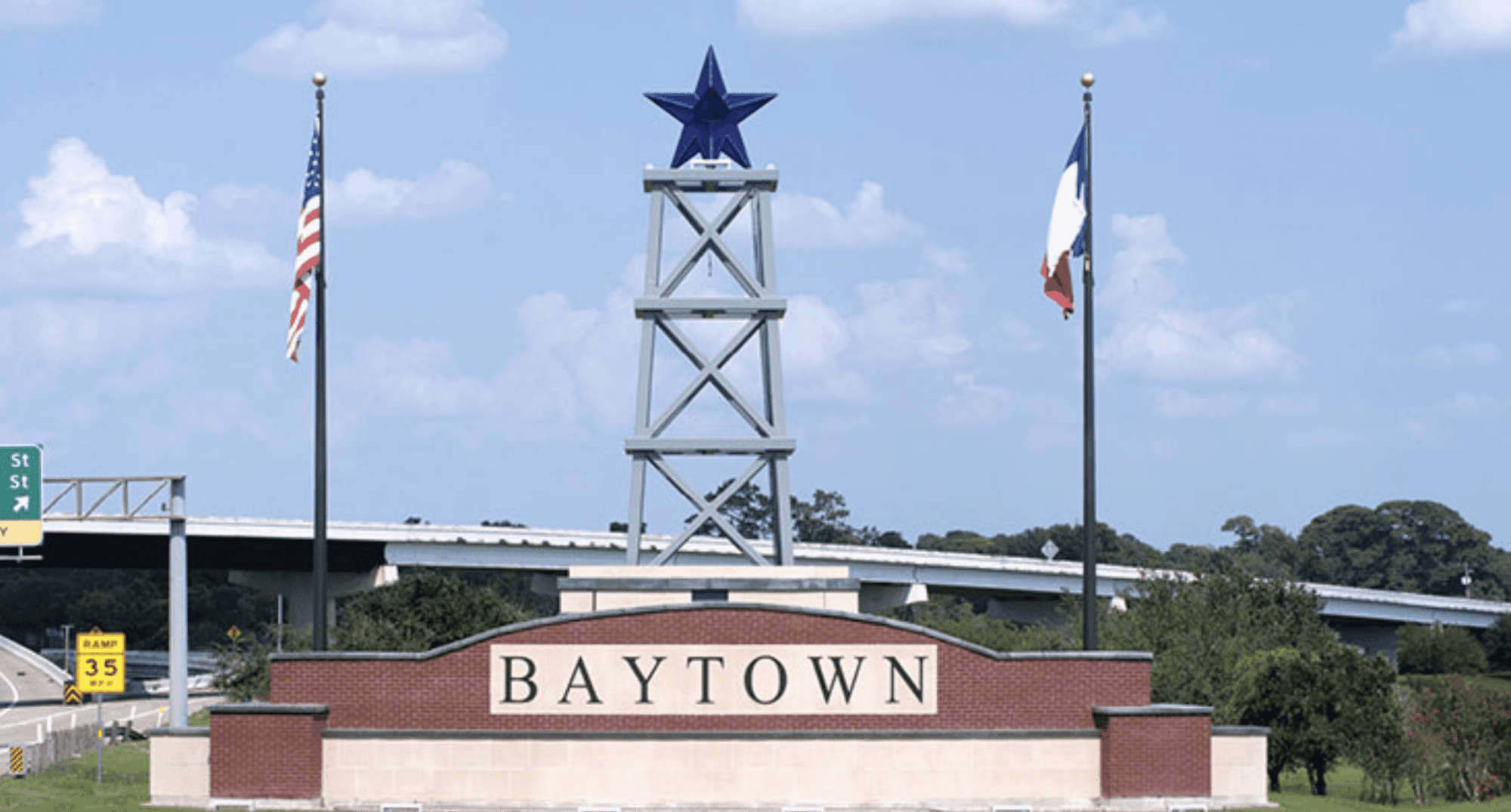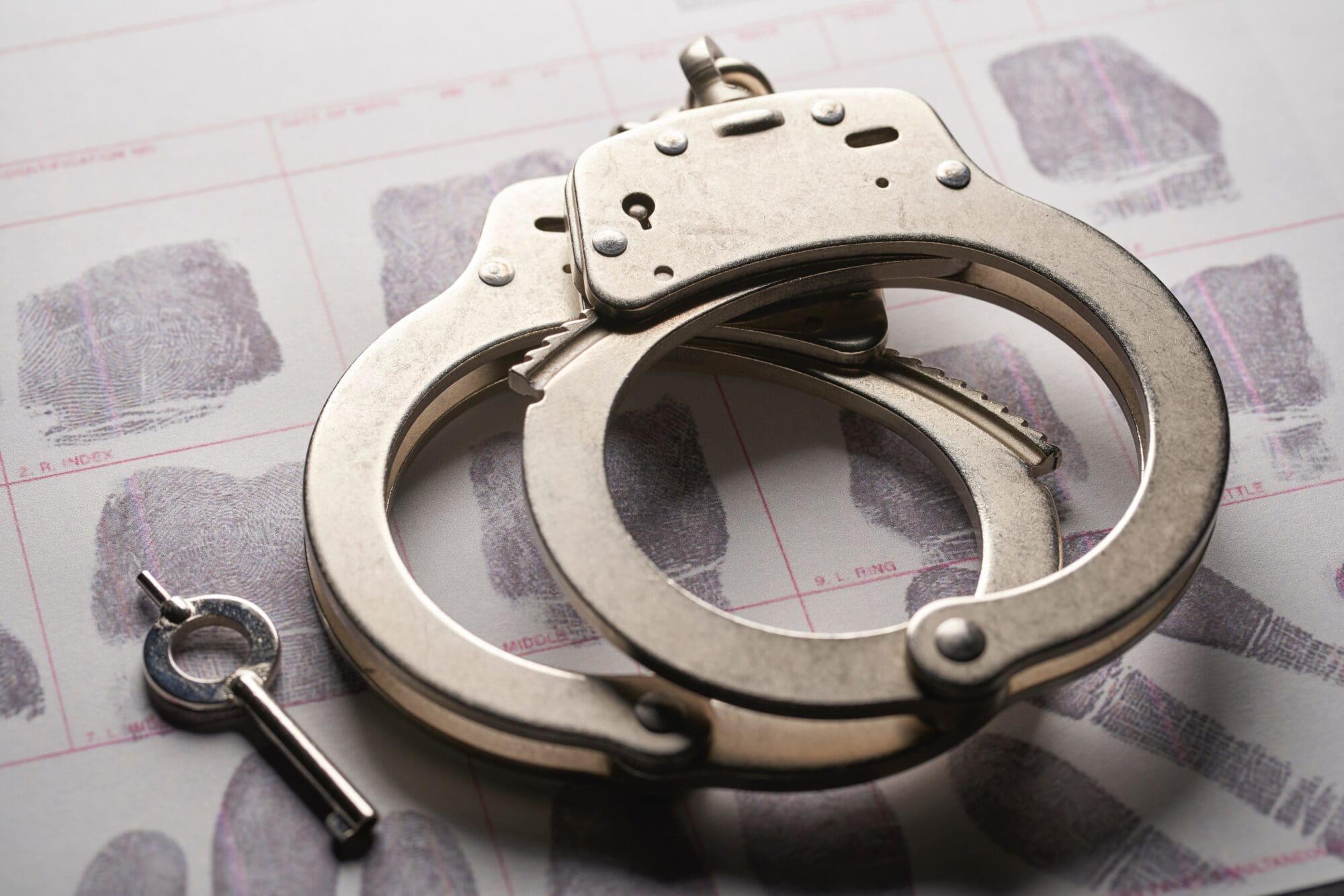A bill updating Texas’ photo voter ID law passed unanimously out of committee following its first public hearing on Monday and is now headed to the Senate floor.
SB 5, authored by State Sen. Joan Huffman (R-Southside Place) and the entire Senate Republican caucus, was reported favorably out of the Senate State Affairs committee on a bipartisan 9-0 vote.
The bill modifies SB 14, the state’s original voter ID law passed in 2011 and under legal challenge ever since, by incorporating recommended remedies from a 2016 federal court opinion that Huffman says “provided Texas a roadmap” to cure what the court ruled were “discriminatory effects” of SB 14.
“SB 5 contains updates to Texas’ voter ID law that follow the directive of the Fifth Circuit [Court of Appeals],” Huffman said when laying out the bill at Monday’s committee hearing.
SB 5 primarily remedies concerns about ballot access with a “reasonable impediment declaration” provision. It allows voters without one of the accepted forms of photo identification to cast a regular ballot by signing an affidavit and showing a prescribed non-photo ID such as a voter registration certificate, utility bill, or government document.
The changes largely mirror interim relief procedures that were in place for the November 2016 general election under an order from the U.S. District Court that is still hearing arguments on the alleged discriminatory intent of SB 14.
The bill also allows voters 70 and older to use expired photo IDs when voting at the polls. Texas voters 65 and older already have the option to vote by mail, which doesn’t require an ID.
Several witnesses opposed to voter ID in general hailed SB 5’s affidavit option as “a major improvement over SB 14.” However, they didn’t like a related provision that increases the penalty for making false statements on an affidavit to a third-degree felony, which carries a penalty of up to 10 years in prison and a $10,000 fine.
Voter ID proponents, however, argue that strong penalties are the only deterrent to people who otherwise can easily defraud the affidavit’s honor system.
Alan Vera, an experienced election judge from Harris County, testified to witnessing several instances of minority voters having their votes stolen by imposters who weren’t required to show photo identification at the polls prior to passage of SB 14. After SB 14’s implementation, he said, voter impersonation stopped at his polling location.
“It bothers me that they’d rather have us appear to protect minority voters on paper than actually protect them in real life at the polling place,” Vera testified, referring to federal judges’ orders loosening the state’s photo ID requirement.
A more secure option, which was utilized in the August 2016 special election for HD 120 but isn’t included in SB 5, is to have affidavit voters cast provisional ballots so their signatures can be verified by election officials before their votes are counted, as is done with mail ballot voters.
In response to a question from State Sen. Eddie Lucio (D–Brownsville) about what action was taken to catch in-person voter fraud perpetrators, Vera explained that voter impersonators can’t be charged or prosecuted because their identities are unknown – “they came in pretending to be somebody else.”
SB 5 also expands access to photo identification by directing the Texas Secretary of State, in consultation with the Texas Department of Public Safety, to establish a mobile voter ID program that will make it easier for voters across the state to obtain free “Election Identification Certificates.” The two agencies have established mobile voter ID locations to assist voters voluntarily ever since SB 14 went into effect in June 2013, following the U.S. Supreme Court decision in Shelby v. Holder that eliminated outdated Section 5 preclearance requirements of the Voting Rights Act.
“The people of the state of Texas demand integrity at the ballot box, and the use of photo ID at polling places is their preferred way of doing so,” Huffman concluded. “I am committed to constitutionally sound voter ID so that Texans can have confidence in their free, fair, and secure elections.”
Lt. Gov. Dan Patrick identified photo voter ID as one of his top ten legislative priorities for the 2017 session, stating, “Nothing is more critical to our democracy than the integrity of the voting process. Photo Voter ID is essential.”





